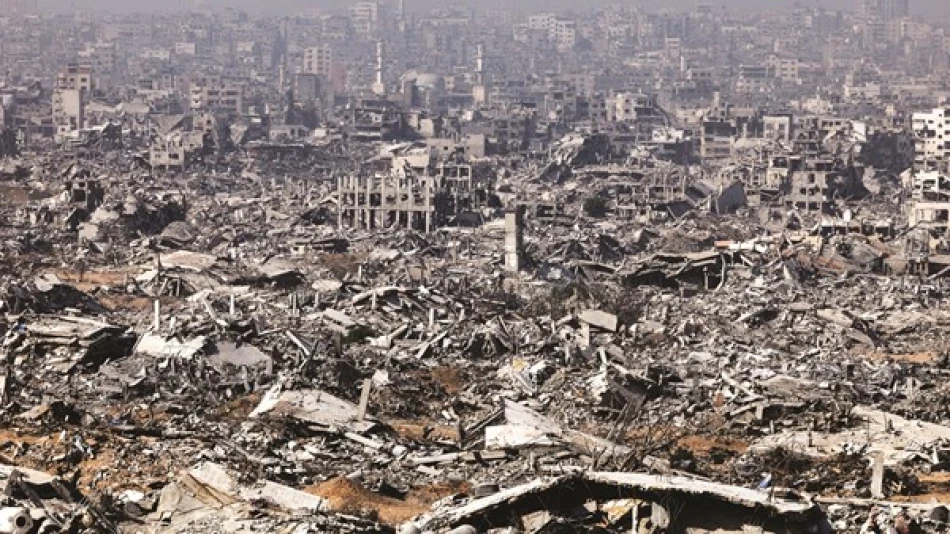
US Proposes UN Resolution to Advance Peace Plan for Gaza
The United States is pushing a new UN Security Council resolution to support President Donald Trump's Gaza peace plan, marking a significant diplomatic effort to move from the current ceasefire to a more permanent solution. The proposal includes creating an international stabilization force and a Gaza Peace Council, while requiring major reforms within the Palestinian Authority.
US Ambassador to the UN Mike Waltz presented the draft resolution to non-permanent Security Council members during what he called a "historic" meeting. The session included representatives from Arab countries and Turkey, signaling potential regional backing for the American proposal.
Here's what the plan includes: continued humanitarian aid, release of all hostages, and deployment of an international force to secure Gaza's borders with both Israel and Egypt. The force would also protect civilians, manage humanitarian corridors, and train new Palestinian police units.
But there's a major sticking point. Israel opposes any role for the Palestinian Authority in governing or securing Gaza. Meanwhile, the US plan specifically calls for Palestinian Authority involvement in running the territory - but only after significant internal reforms. Many Arab and European countries see Palestinian Authority participation as essential for supporting any American plan.
The resolution needs at least nine supporting votes and no vetoes from the five permanent Security Council members (US, Russia, China, Britain, France) to pass. This creates a challenging diplomatic landscape, especially given ongoing tensions between major powers.
The proposal aims to manage Gaza's security during a transition period where Israeli forces would gradually withdraw from areas they currently control - about 50% of the Gaza Strip according to reports. The international force would fill this security gap while Palestinian institutions rebuild their capacity.
Waltz already met with Palestinian diplomats in New York to discuss the draft resolution, showing Washington's effort to build broader consensus. The US mission emphasized that America "won't just talk without taking action" and intends to "deliver results at the United Nations."
For investors and regional markets, successful implementation could stabilize a key Middle Eastern flashpoint and potentially reduce geopolitical risk premiums. But the plan faces significant political hurdles, with Israel's opposition to Palestinian Authority involvement representing just one of several contentious issues that could derail the initiative.
Most Viewed News

 Layla Al Mansoori
Layla Al Mansoori






